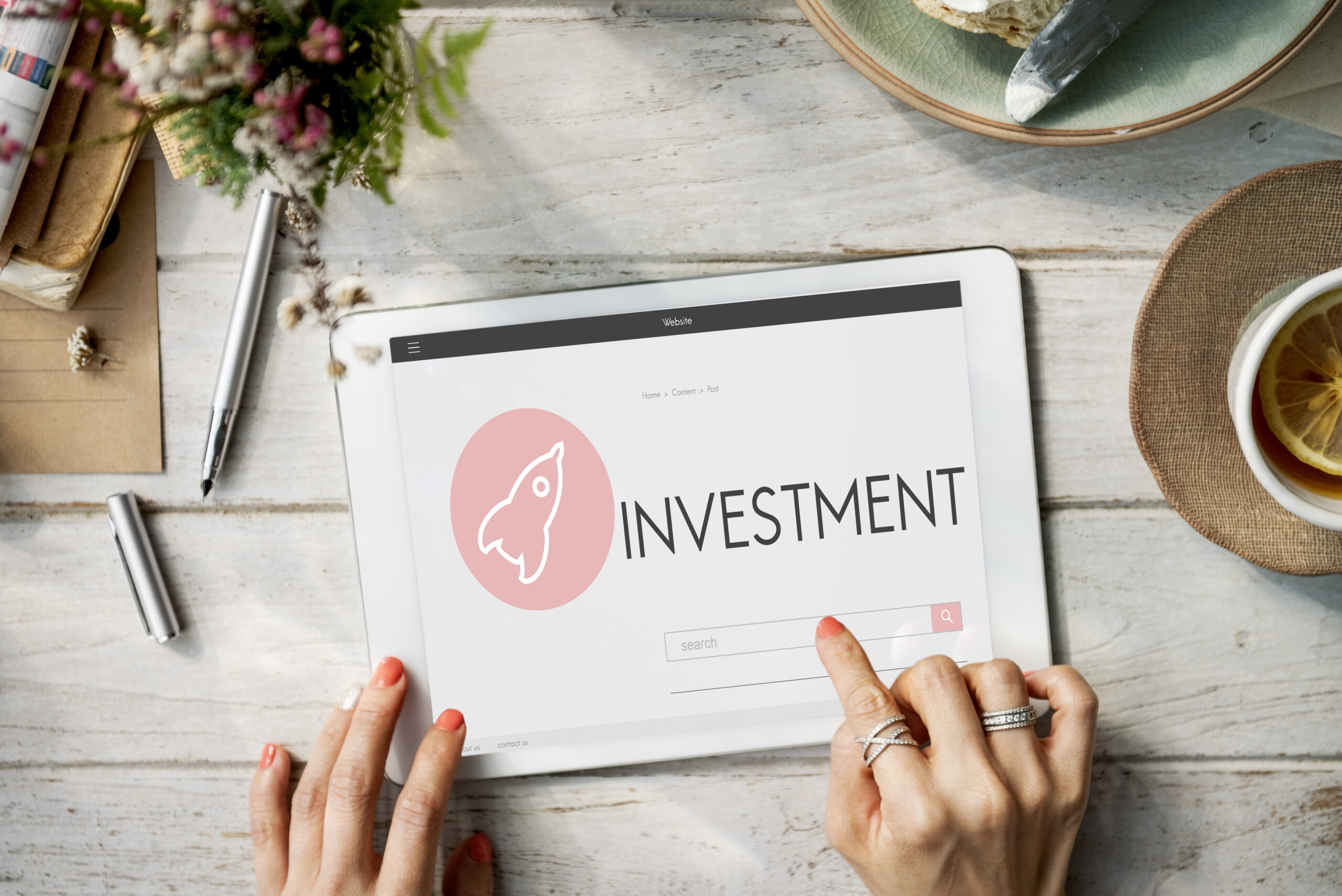Introduction
Securing investment is a defining moment for any startup. While brilliant ideas and sleek pitch decks often capture attention, they are rarely enough to secure funding on their own. Investors evaluate a wide range of factors — from the strength of the founding team to the scalability of the business model.
Understanding these criteria not only helps founders craft more compelling pitches but also ensures they are building sustainable companies. In this article, we break down the top factors investors use to decide whether to fund a startup and what you can do to prepare.
1. Market Potential and Size
The first question investors ask is simple: Is the market big enough?
A promising product in a small or declining market will struggle to generate the kind of returns venture capitalists expect. That’s why investors carefully analyze:
Total Addressable Market (TAM): the overall revenue opportunity.
Serviceable Market (SAM): the portion of the market your startup can realistically target.
Serviceable Obtainable Market (SOM): your expected market share in the near future.
They also consider market trends, growth rates, and competition density. Startups in rapidly expanding industries with clear global potential are far more attractive.
SEO keywords: startup market size, investor market evaluation, market potential for startups
2. Traction and Growth Metrics
Ideas are cheap — execution is priceless. That’s why investors focus heavily on traction.
Evidence that customers want and use your product is the strongest validation of your idea. Key metrics include:
Revenue growth: even small but consistent growth shows promise.
User base expansion: monthly active users (MAU), daily active users (DAU).
Customer retention and churn rates: high retention indicates long-term value.
Partnerships and pilot projects: collaborations with established players build credibility.
The more data-driven proof you provide, the more likely investors are to take your startup seriously.
SEO keywords: startup traction, growth metrics for investors, what investors look for in traction
3. Founding Team and Leadership
One of the most quoted phrases in venture capital is: “Investors back people, not just ideas.”
Even the best ideas will fail without the right team. That’s why investors analyze:
Industry experience: Does the team understand the sector deeply?
Complementary skills: Is there a balance between technical and business expertise?
Leadership qualities: Can the founders attract talent, handle stress, and adapt to change?
Passion and resilience are equally important. Startups rarely succeed without pivots and setbacks, and investors want to see whether the team has the mindset to navigate challenges.
SEO keywords: startup founding team, investor criteria team evaluation, leadership in startups
4. Business Model and Scalability
Even if a startup solves a big problem, it needs a clear path to revenue.
Investors examine:
Revenue streams: subscription, SaaS, marketplace, or freemium models.
Unit economics: cost to acquire a customer (CAC) vs. customer lifetime value (CLV).
Profitability roadmap: how and when the startup will break even.
Scalability: Can the business expand beyond local markets, ideally globally?
A scalable business model is critical because venture capital relies on exponential growth to deliver strong returns.
SEO keywords: startup scalability, business model evaluation, investor revenue model
5. Competitive Advantage and Differentiation
Investors ask: Why should this startup succeed when others fail?
This is where your unique value proposition (UVP) comes into play. Startups with a clear competitive advantage stand out by offering:
Proprietary technology or patents
Network effects that grow stronger as more users join
Brand positioning and customer loyalty
Cost or operational advantages difficult for competitors to copy
Without differentiation, your startup risks being another “me too” company in a crowded market.
SEO keywords: competitive advantage startups, investor differentiation criteria, UVP for investors
6. Risk Management and Compliance
Especially in Europe and Germany, compliance is not optional.
Investors want reassurance that startups can handle legal, regulatory, and operational risks. This includes:
GDPR and data protection compliance
Information security and risk management systems
ESG (Environmental, Social, Governance) readiness
Contingency plans for financial or operational risks
Startups that proactively address compliance stand out as more trustworthy and investment-ready.
SEO keywords: startup compliance, GDPR investor criteria, risk management for startups
7. Exit Strategy for Investors
At the end of the day, investors want to know: How will we get our money back — and multiply it?
Common exit routes include:
Acquisition by a larger company
Initial Public Offering (IPO)
Merger or secondary sale
Founders don’t need a fixed exit plan from day one, but they should demonstrate an understanding of possible scenarios and timelines.
SEO keywords: startup exit strategy, investor ROI, how startups exit
Conclusion
Investors weigh a combination of market potential, traction, team strength, scalability, competitive advantage, compliance, and exit opportunities before making funding decisions.
For founders, this means preparing a holistic pitch that goes beyond flashy slides. It requires hard data, a resilient team, and a clear vision for sustainable growth.
By aligning your startup strategy with these investor expectations, you not only increase your chances of securing funding but also build a stronger foundation for long-term success.

